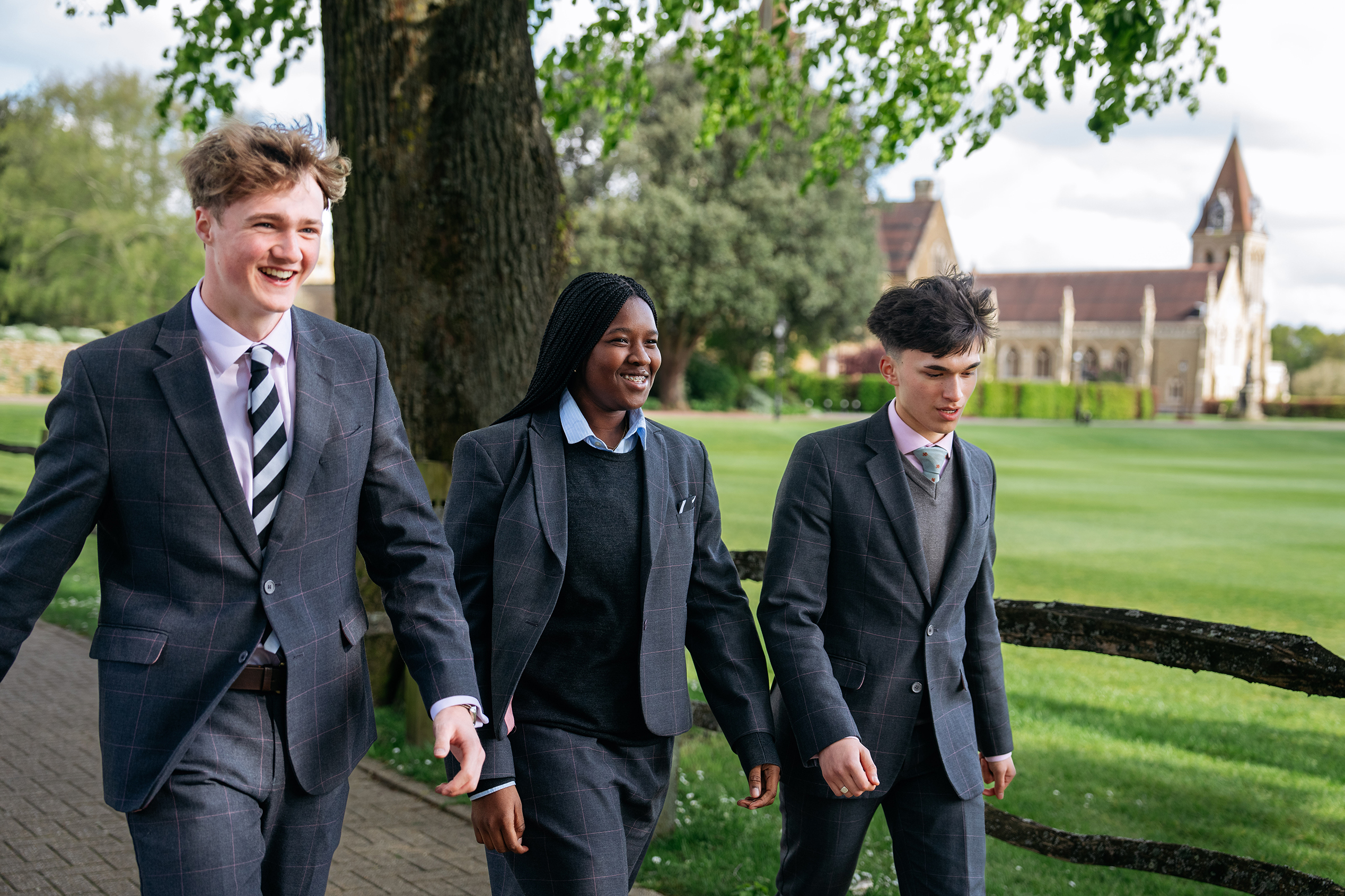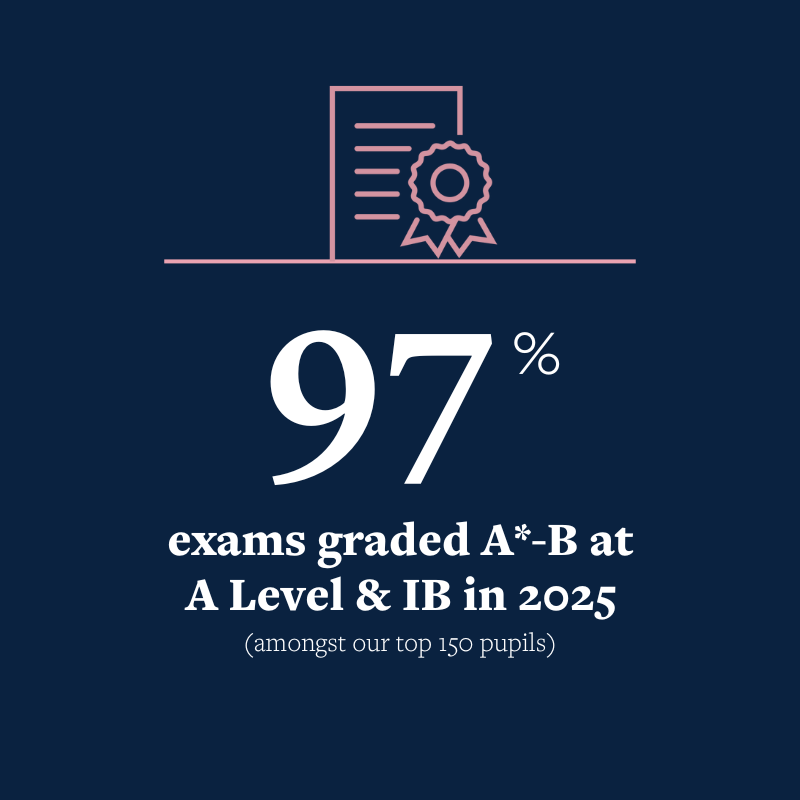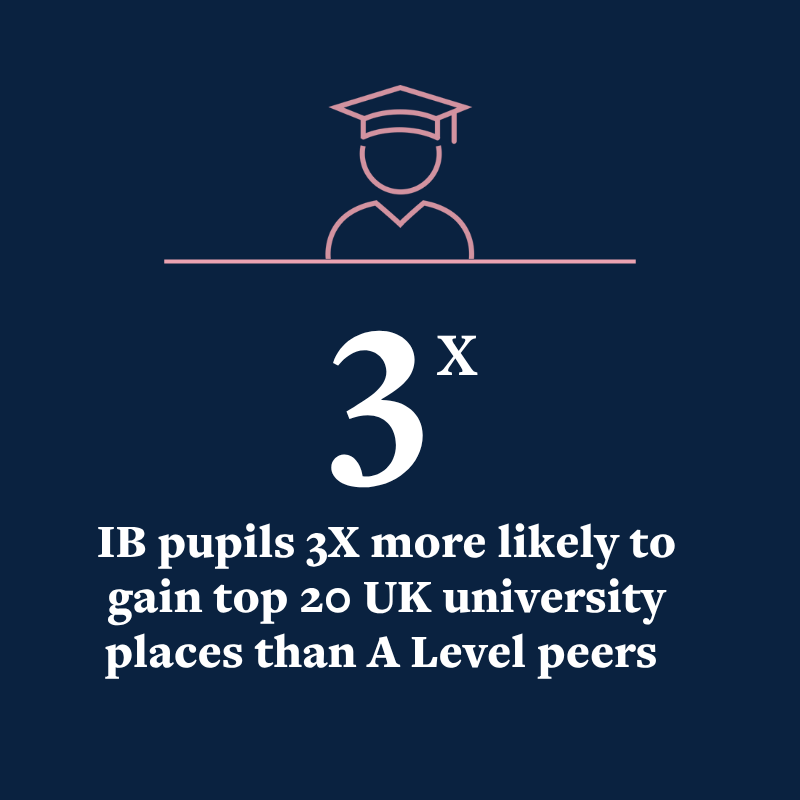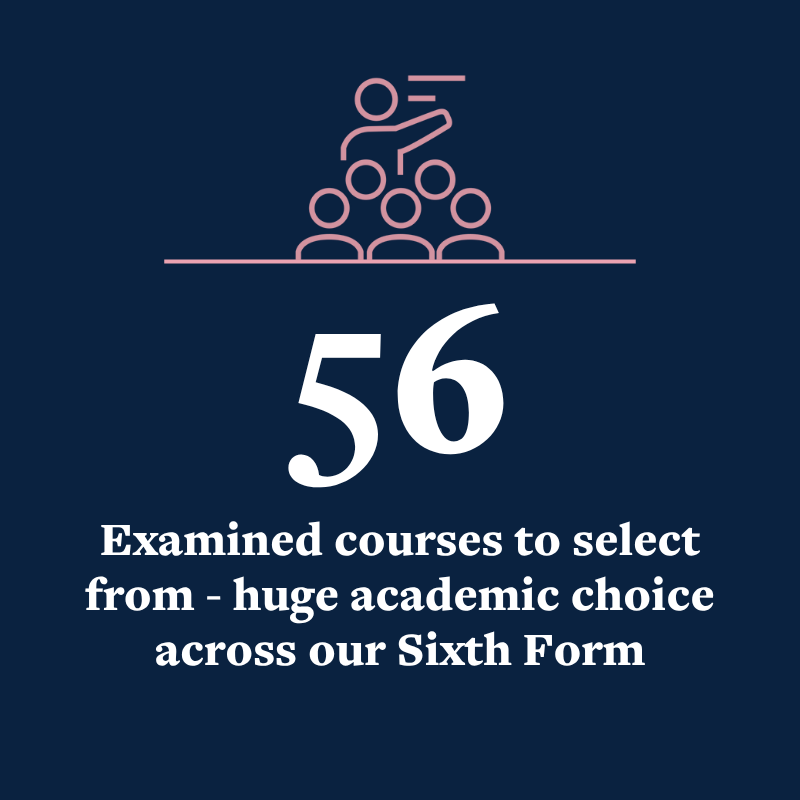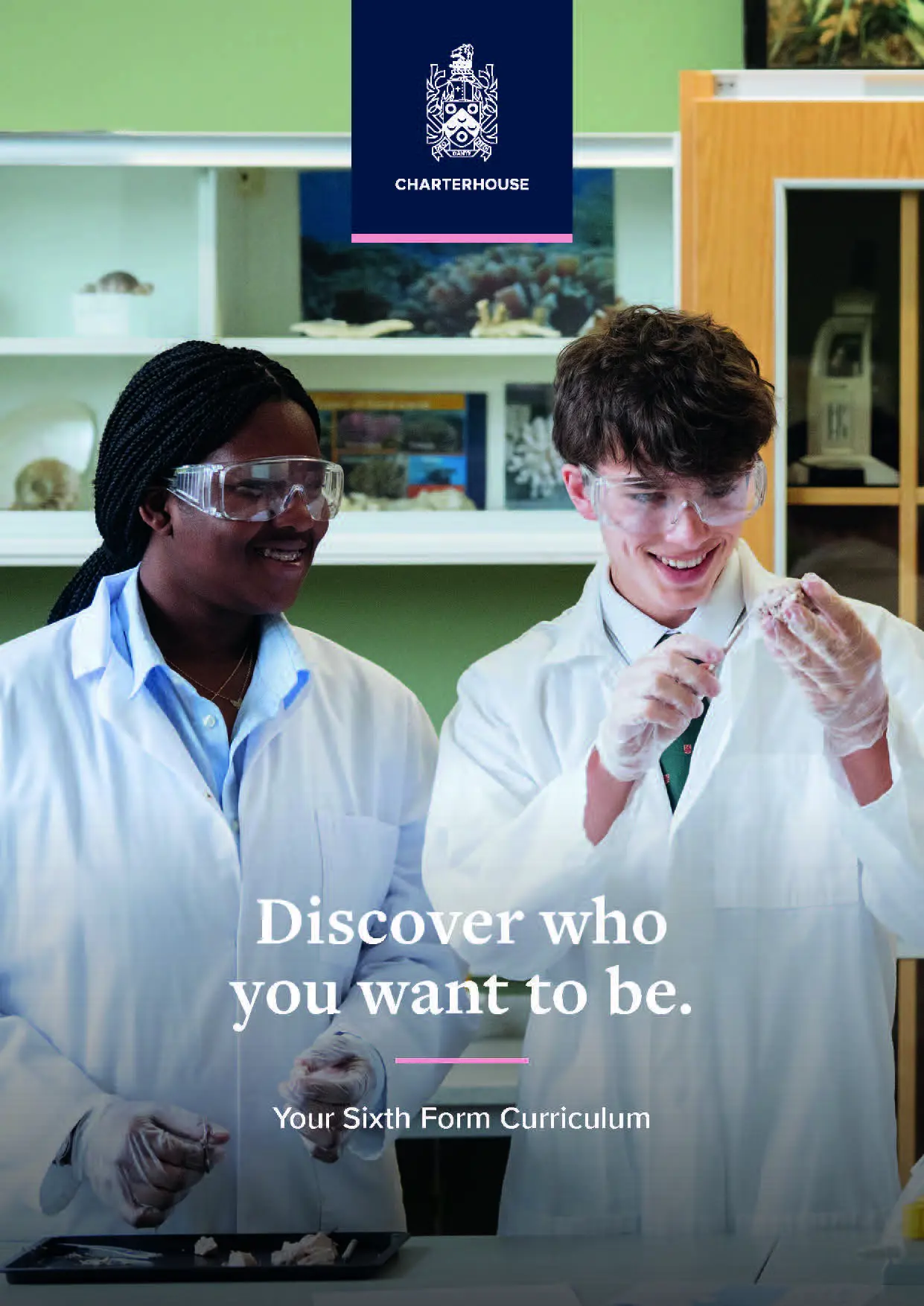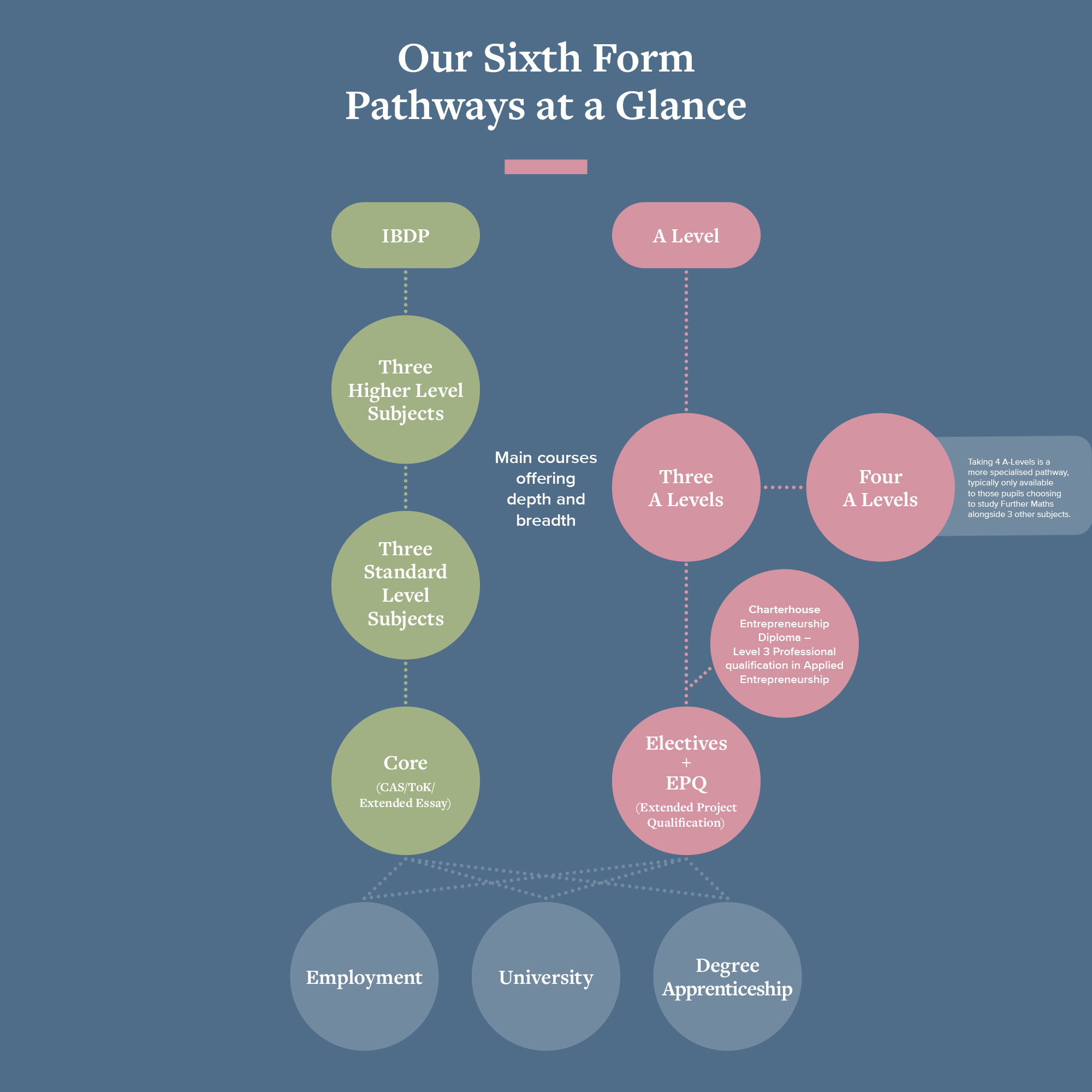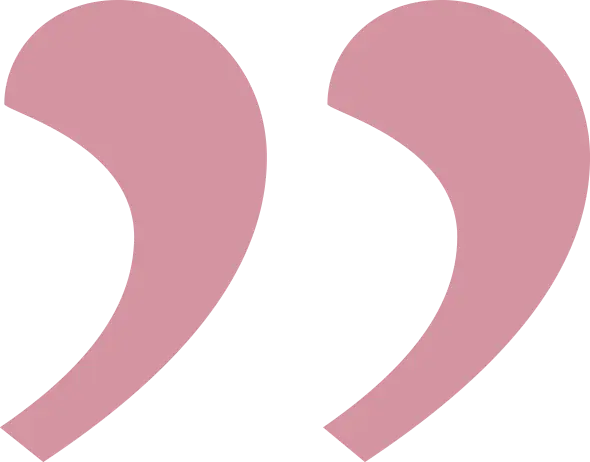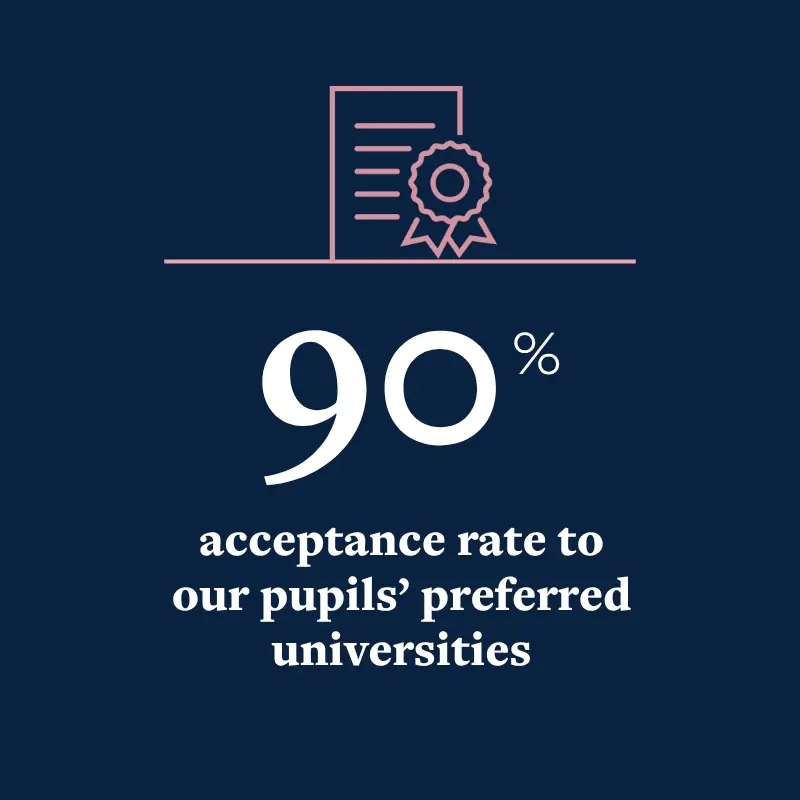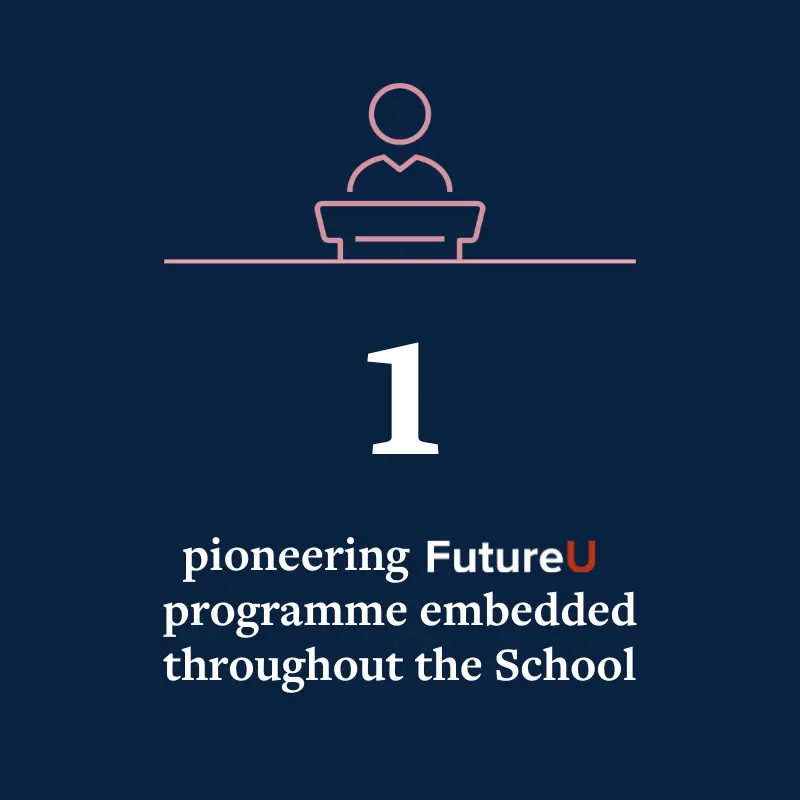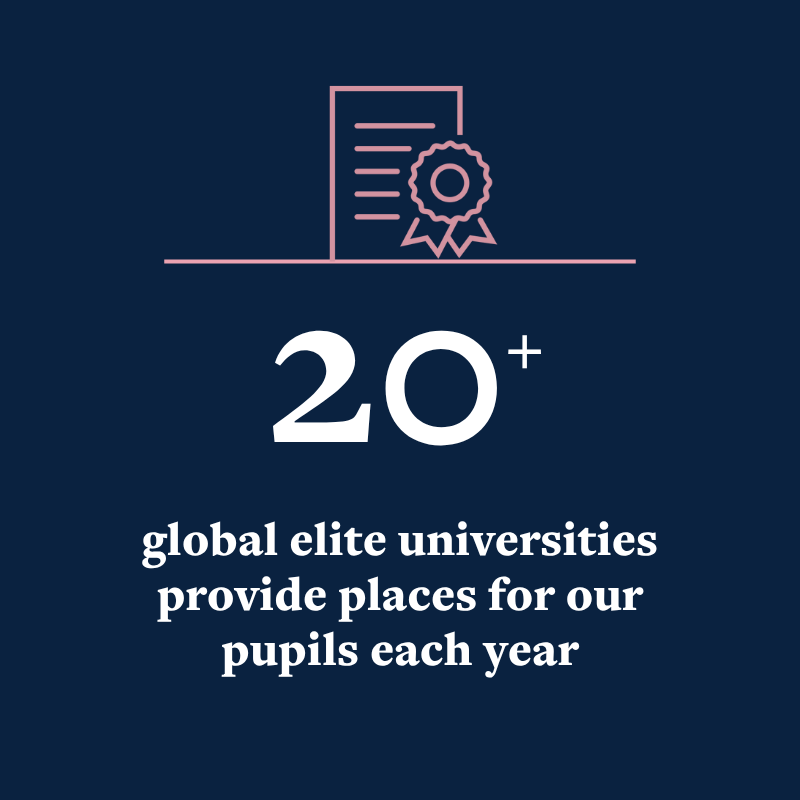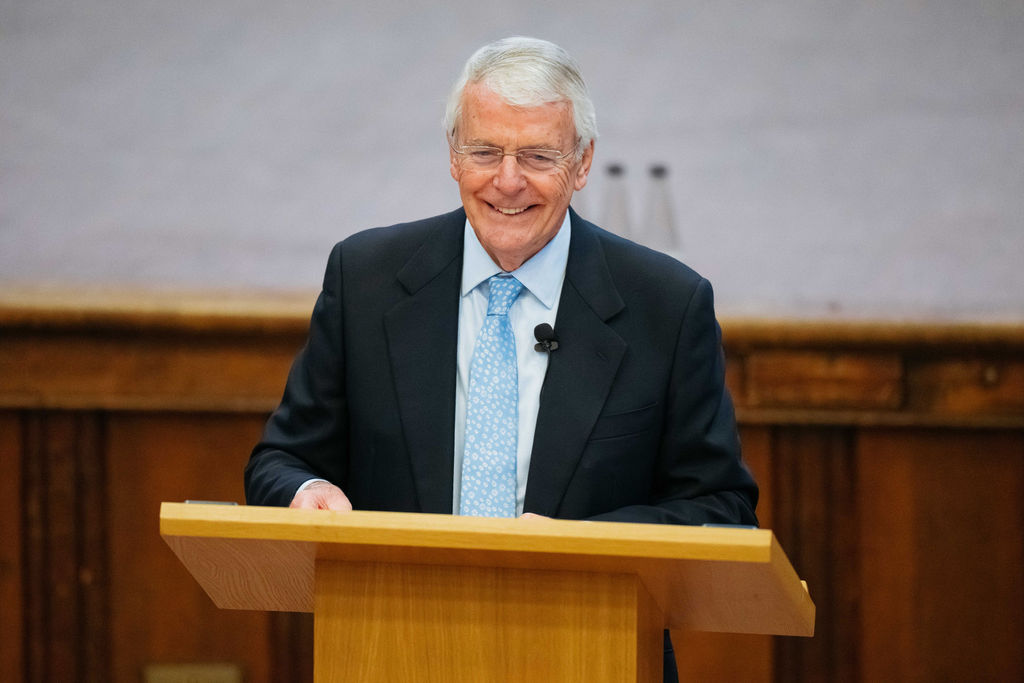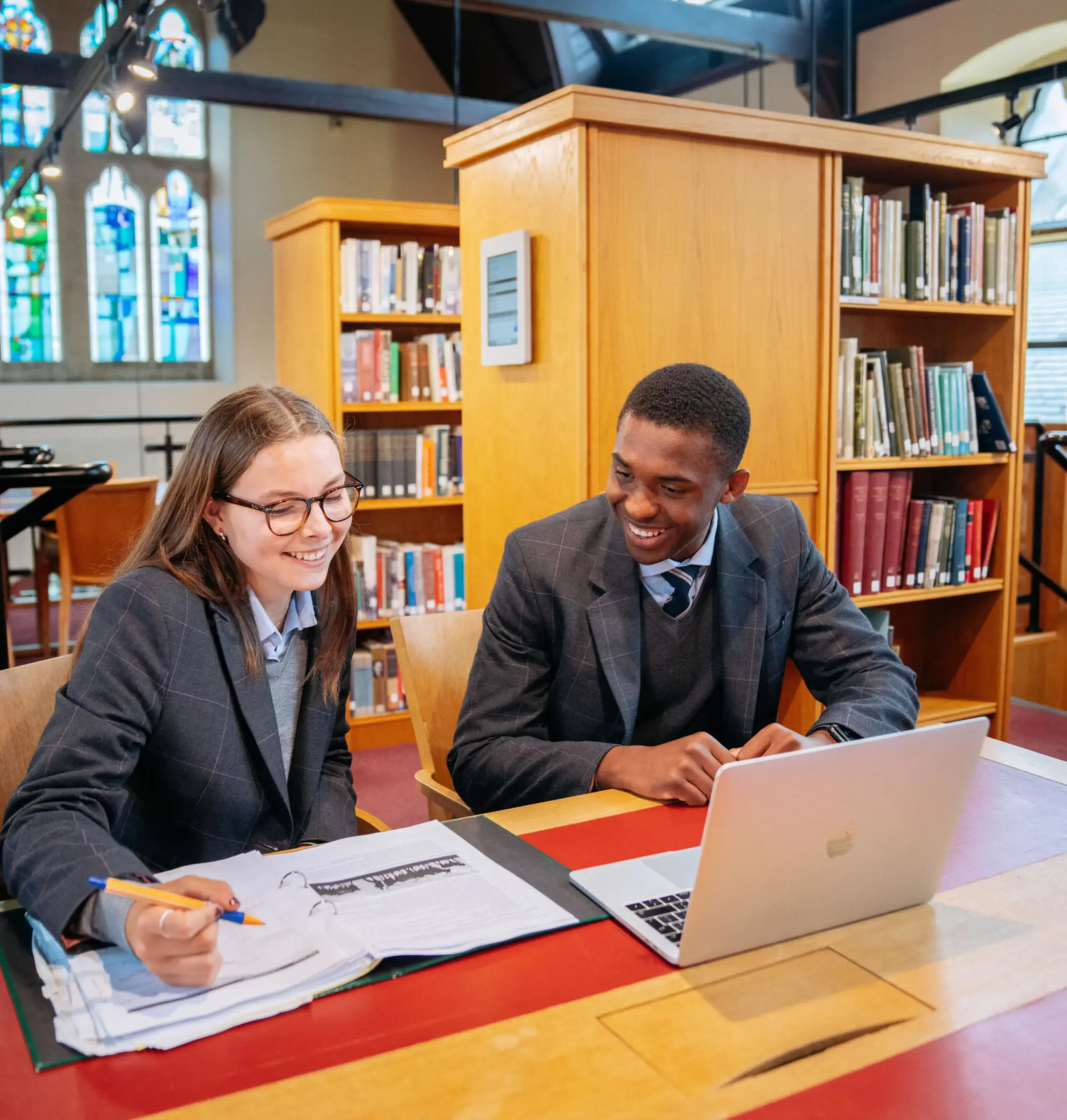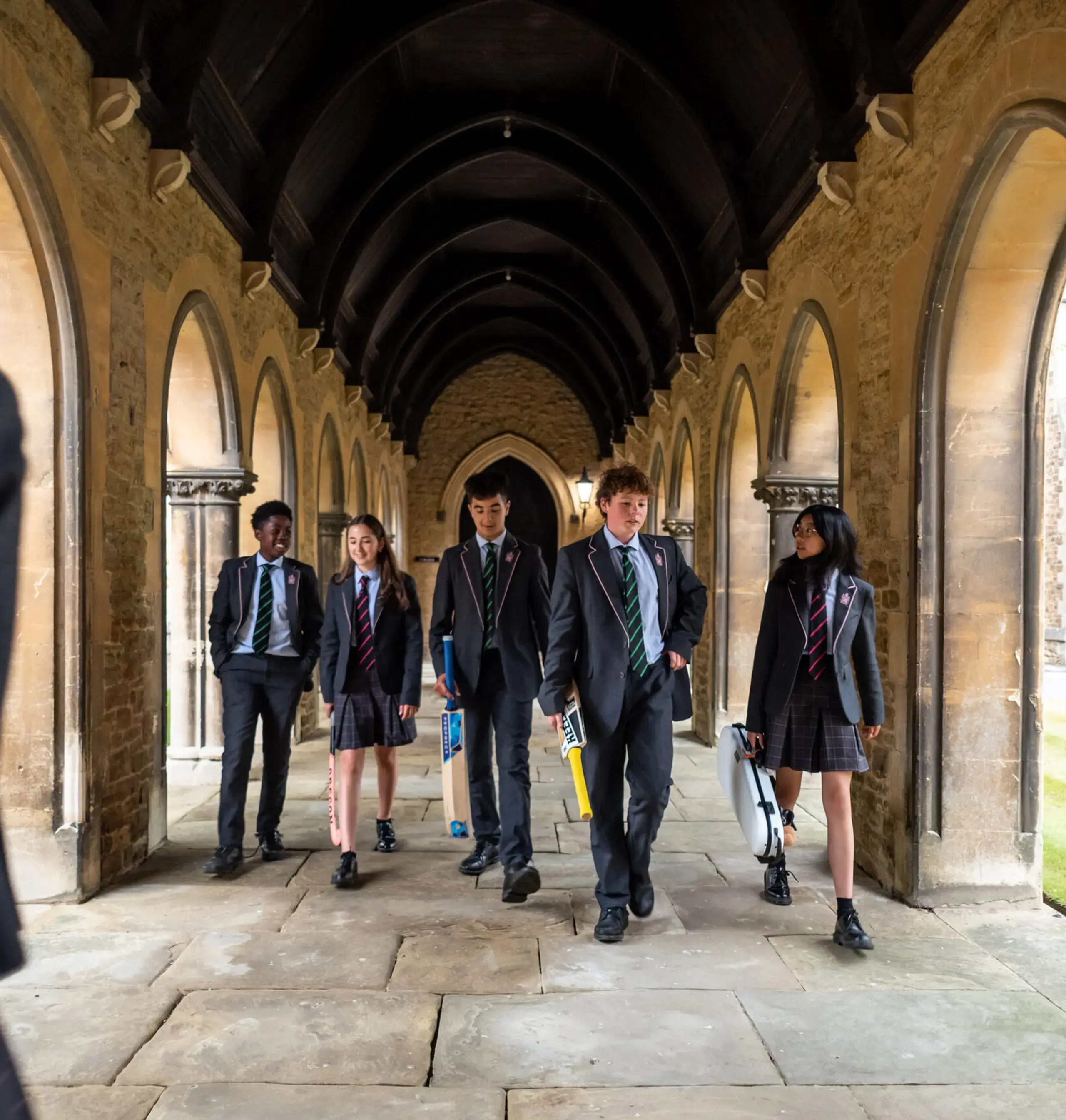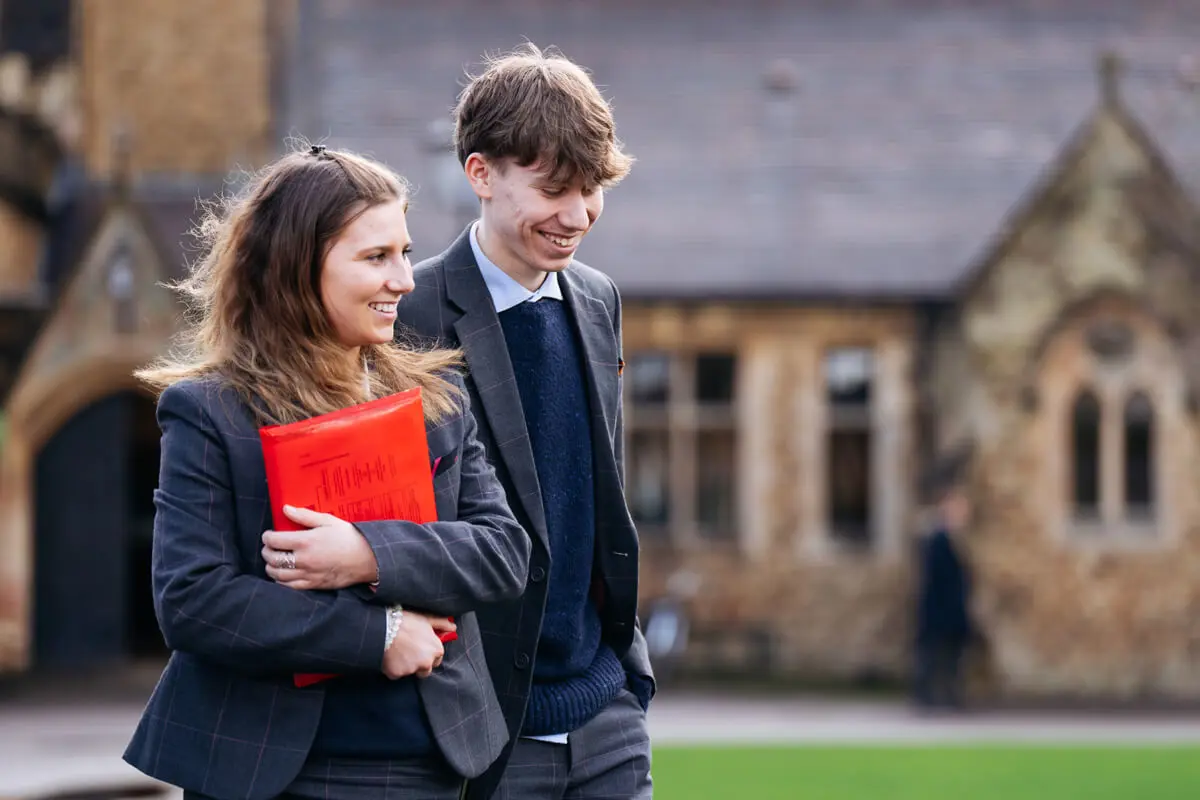Specialists (Sixth Form)
Sixth Form at Charterhouse is a transformative experience, two years that will shape your academic journey and personal growth in equal measure.
We offer curricula with purpose - either the IBDP or A Levels. You’ll choose the subjects that excite you most, personalise your pathway, and work with expert teachers who bring out your very best.
A Choice Between Two World-leading Programmes
Whether you select the International Baccalaureate Diploma Programme (IBDP) or A Levels, you will be challenged, supported and inspired.
We offer two distinct academic pathways at 16+, providing a uniquely broad range of courses for you to choose from, and giving you the opportunity to truly personalise your Sixth Form education.
International Baccalaureate Diploma ProgrammeThe IBDP is an excellent choice for pupils who are academically and globally ambitious to engage with a broad and intellectually stimulating curriculum. It appeals to those who enjoy making connections across subjects, and who want to develop the critical thinking, creativity, and global perspective identified consistently by leading employer surveys as key to success in the modern business world. The programme particularly benefits pupils who thrive with structure, value a balance between coursework and exams, and are looking ahead to competitive university study in the UK or globally. It appeals to those who enjoy learning across a range of disciplines, including languages, sciences, the arts, and humanities. A LevelsChoosing to study three A Levels is well-suited to pupils who have clear academic strengths and wish to specialise in a smaller number of subjects. The depth of study allows pupils to explore their chosen areas in detail, developing advanced subject knowledge and analytical skills. This route benefits those who are focused, self-motivated and confident working independently, particularly in preparation for exam-based assessment. A Levels are a strong foundation for university study, especially in the UK, and can provide a clear pathway towards specific degree courses or career aspirations. |
|
|
|
|
Two Choices - Same Outcome
Our approach to both the IBDP and A Levels requires consistent levels of motivation and organisation. Pupil outcomes across both IBDP and A Level are exceptional and support their pathways into further education and professional life.
IBDP IN MORE DETAIL.
A Level in more detail
Explore the distinctions at a glance
Personalised Learning with Purpose
We believe education should never be one-size-fits-all. That’s why our Sixth Form curriculum is designed to offer real choice, meaningful challenge and tailored support. Pupils can shape their own academic journey depending on how they learn best and what they hope to pursue in the future.
Alongside our core curricula, we provide an outstanding programme of academic enrichment and elective courses. These are designed to broaden horizons, encourage curiosity and strengthen university applications.
Every subject is taught by expert teachers who are passionate about their field and dedicated to each pupil’s progress. We foster a culture of curiosity, collaboration and confidence.
View the detailed Sixth Form Course Guide for September 2026
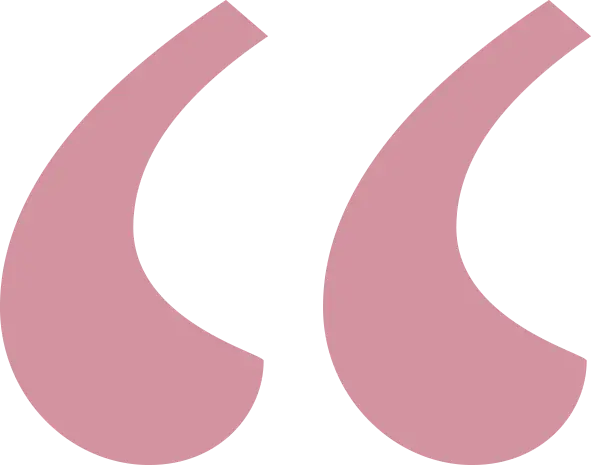
The IBDP is an excellent choice for pupils who are academically and globally ambitious.
Personalised learning in the Sixth Form gives each of our pupils real purpose. When they shape their own academic projects and pathways, they stand out – not only in their university applications, but in the confidence and independence they carry into the future.
CATHERINE MCDONALD, DIRECTOR OF IB
Destinations & Success
Our pupils go on to study at global elite universities in the UK, the US, Europe and beyond. Whether applying through UCAS or international systems, they benefit from expert guidance at every stage. From choosing the right course to creating outstanding personal statements and preparing for interviews, our specialist staff are on hand to support you every step of the way.
Both our IBDP and A Level pathways are excellent preparation for higher education. Our pupils routinely report that their Sixth Form studies have given them a head start at university, both academically and in terms of confidence, independence and resilience.
We are proud of our record of academic success. But we are prouder still of the kind of young people our pupils become: ambitious, thoughtful, future-ready.
|
|
|
|
Academic Enrichment Elective Programmes
Throughout the first year of your A Levels you will have access to an exciting range of additional unassessed academic courses.
These will provide opportunities to expand your thinking, feed your curiosity and stand out from the crowd, across a range of non-examined topics beyond your academic courses.
Elective options vary each year, with the following giving you some examples of the courses available:
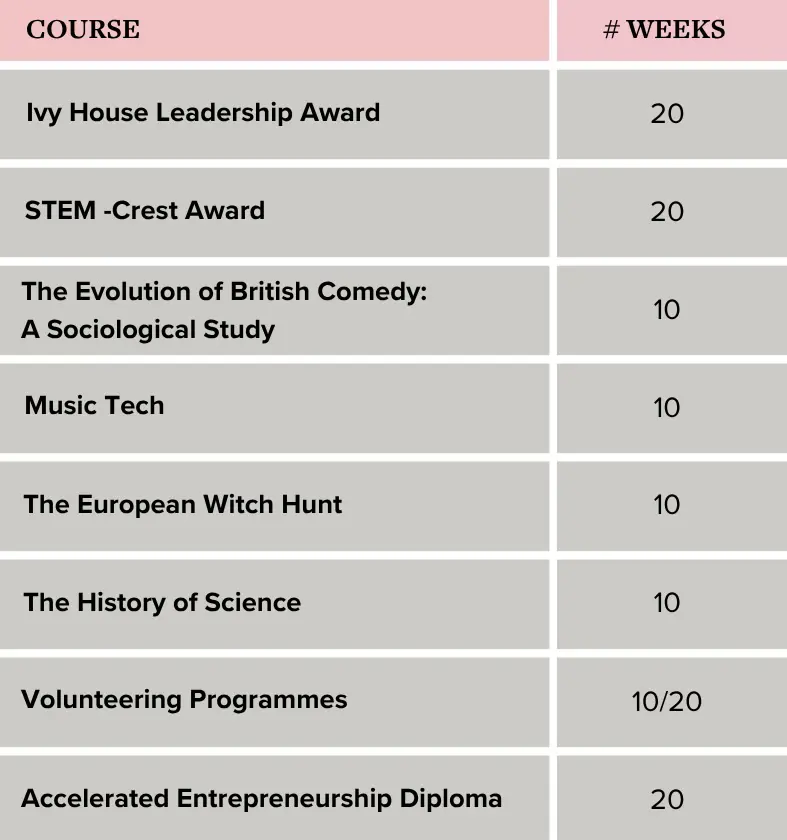
FutureU: Preparing for Tomorrow
At Charterhouse, we understand that the world our pupils will enter is changing fast. That’s why we created FutureU, a pioneering programme embedded across school life and designed to prepare pupils for the challenges and opportunities of the future.
Through FutureU, every Sixth Form pupil gains access to:
-
Guest speakers and masterclasses from industry professionals
-
Skills workshops focusing on communication, leadership and resilience
-
Careers insight events and workplace experiences
-
Personal brand development and networking
-
Specialist university preparation, including support for UK and international applications
Our Charterhouse Entrepreneurship Diploma, the first qualification of its kind, is also available to pupils seeking to build real-world business understanding alongside their academic studies.
Sixth Form Life: Enrichment,
Leadership & Community
We believe that learning happens everywhere, not just in classrooms. Our Sixth Form pupils are active participants in a vibrant school community. They take on leadership roles, pursue creative and sporting interests, and engage with service and outreach opportunities.
Our academic enrichment programme is wide-ranging. From debating societies to coding clubs, drama productions to international trips—there are countless ways for pupils to explore their interests and develop new passions.
This breadth of opportunity ensures that every pupil leaves Charterhouse not only well-qualified, but deeply enriched by their experience here.

